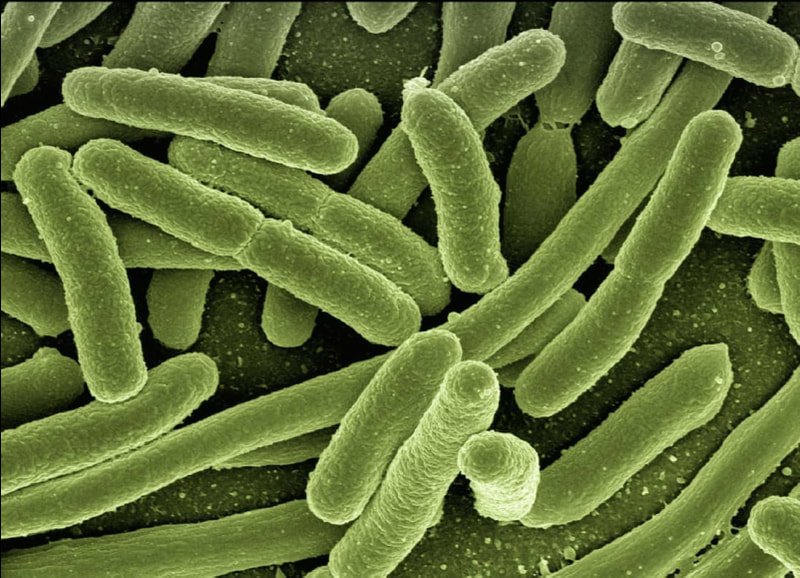Link Between Sugar and Mental Health is Not Sweet
Sugar has become an increasingly hot topic in health research. Evidence has shown that it contributes heavily to the rise in obesity, cancer, and mental health. Foods with added sugar such as sodas, packaged foods, and snacks are eaten in high amounts, and research has suggested they are linked to mental health issues such as depression. It is unclear, however, if the relationship is due to higher consumption of sugary foods in people who are depressed or if eating these sugary foods may actually increase the chances of developing depression.
A recent study conducted at the University College London and published in Scientific Reports suggests that depression may, in fact, be driven by eating sugary snacks and drinks. The study recorded the sugar intake and mental health status of over 7,000 men and women between 1983 and 2013. The researchers used statistical methods to look for a relationship between the amount of sugar eaten and the development of a mental disorder. They found that men who consumed the highest amount of sugar had a higher chance of developing a mental health disorder such as depression. However, they did not find that men who were already depressed had a higher rate of eating sugary foods. This strongly suggests that sweet food plays a larger role in causing mental health issues.
Interestingly, this study did not find that women who ate high amounts of sugary foods were more likely to develop disorders. Men and women have been shown to have different rates of mental health disorders and their hormones may be a factor in this. More research is always needed for medical professionals to come to a conclusive answer for how and why diseases, including mental health disorders, develop.
A recent study conducted at the University College London and published in Scientific Reports suggests that depression may, in fact, be driven by eating sugary snacks and drinks. The study recorded the sugar intake and mental health status of over 7,000 men and women between 1983 and 2013. The researchers used statistical methods to look for a relationship between the amount of sugar eaten and the development of a mental disorder. They found that men who consumed the highest amount of sugar had a higher chance of developing a mental health disorder such as depression. However, they did not find that men who were already depressed had a higher rate of eating sugary foods. This strongly suggests that sweet food plays a larger role in causing mental health issues.
Interestingly, this study did not find that women who ate high amounts of sugary foods were more likely to develop disorders. Men and women have been shown to have different rates of mental health disorders and their hormones may be a factor in this. More research is always needed for medical professionals to come to a conclusive answer for how and why diseases, including mental health disorders, develop.
Image Source: rawpixel
Experts believe that consuming a few sugary snacks and drinks every now and then is alright. However, in the United States, adults generally consume more than twice the recommended amount. Added sugar is found in all kinds of foods, not just candy, sodas, and snacks. For example, leading brands of yogurt often have 29 grams of sugar and most of this sugar is added. The fact that sugar may be causing mental health disorders such as depression may seem counterintuitive. Eating sugar releases dopamine, a brain chemical that gives a sense of feeling good. How could it cause depression? Besides releasing dopamine, sugar also causes inflammation, which has been shown to contribute to diseases like cancer, Alzheimer’s, and depression. Studies like the one published in Scientific Reports can inform the medical community about the contributors to mental health development, but consumers can use this information to weigh the evidence and choose healthier options.
Featured Image Source: Patrick Fore
RELATED ARTICLES
|
Vertical Divider
|
Vertical Divider
|
Vertical Divider
|





